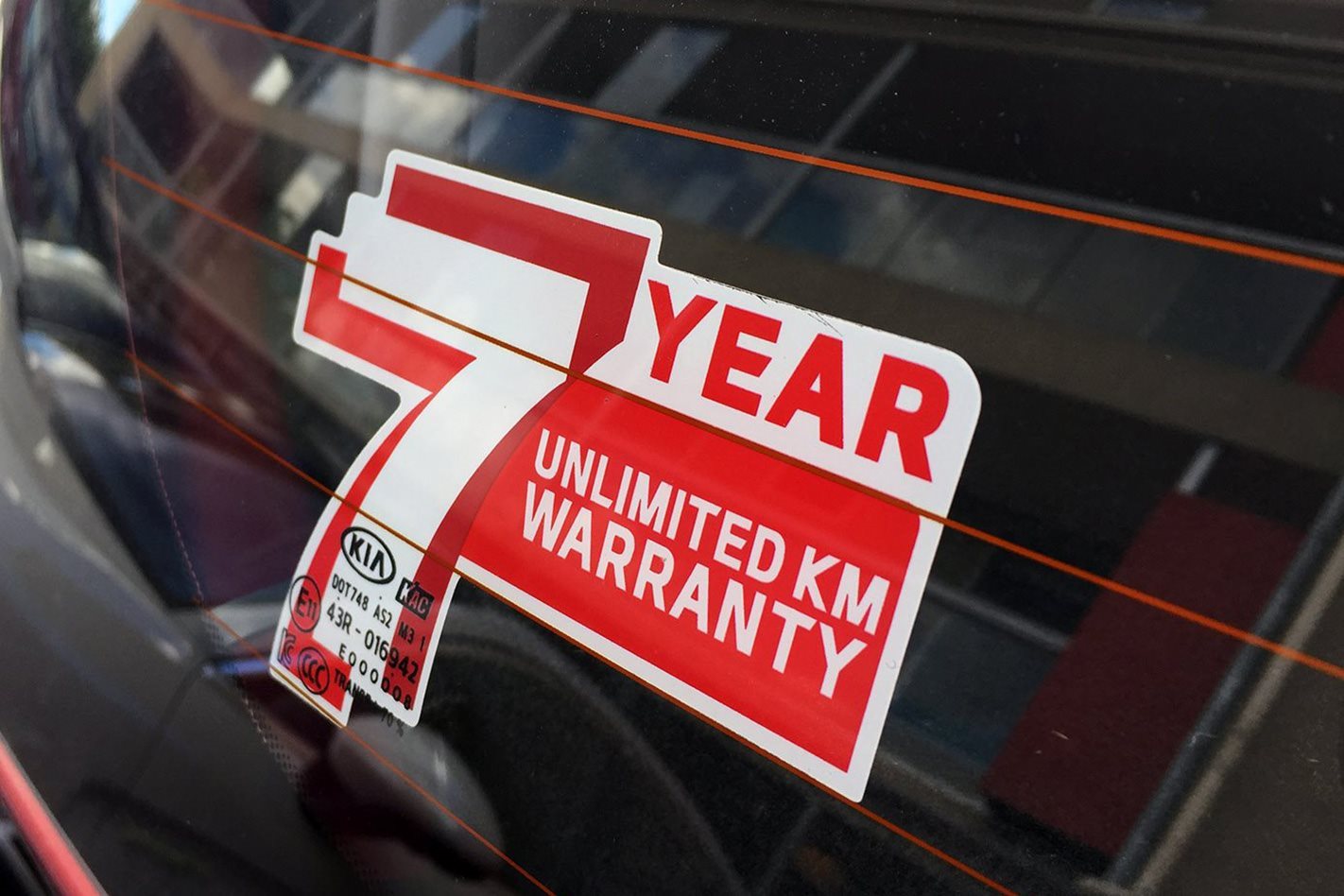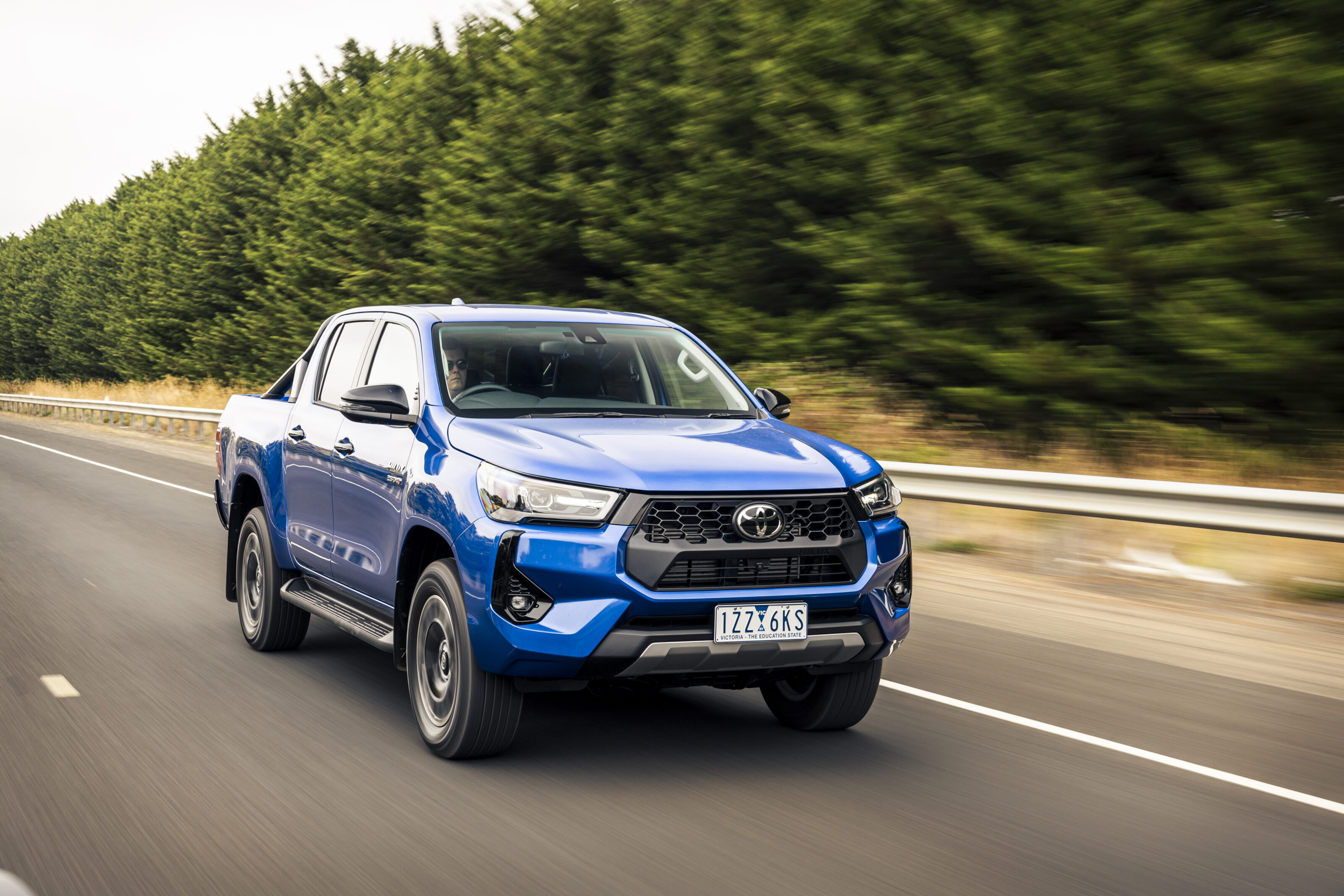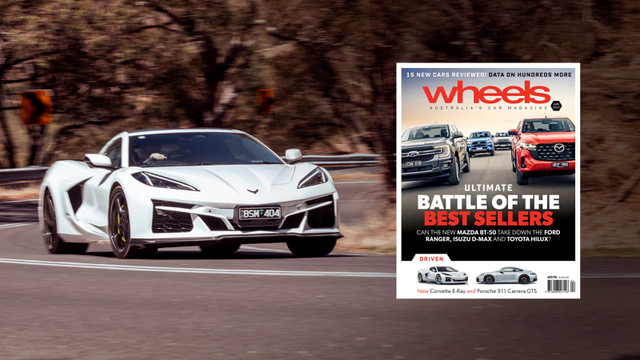Last year the new car industry in Australia went through a sizeable shift, with the new normal for warranty periods extended from three years to five.
It was something that started slowly, before a flood of announcements were made as many mainstream brands extended their warranty offerings in a rush to not get left behind.
Now, even luxury brands are joining the extended warranty party, with Mercedes-Benz announcing its shock move to a five-year arrangement earlier in the year.
Standing above the sea of five-year warranties is Kia, which has offered its customers a seven-year guarantee for many years now. There are other brands that offer warranty periods longer than five years, but they are not among the top sellers, and are best described as challengers in the industry, using an extended warranty as a way to attract new customers.
Similarly, some specific models may be offered with a longer warranty period, but this is a strategy to increase sales. It’s unlikely we’ll be seeing a push to seven-, or even 10-year warranties across the board in the near future, as an insider at a top-selling car company explained to Wheels.
“For us the extension happened because our mainstream rivals were going to five-year warranties,” our source said.
“We thought about seven [year warranties], but you can see that it would cost a lot of money. If it wasn’t cost prohibitive, we would have just gone straight to a seven-year or 10-year warranty.”
The costs associated with extending warranty periods aren’t small either, with our insider indicating that the final bill could run into eight figures.
“For a top-10-selling brand, the cost of extending their warranty period from three to five years would surely be in the millions,” he said. “It is not a small amount of money.”
Making things even harder for car companies is the fact that the cost increases the longer the warranty is offered for.
“As vehicles get older they cost more [to maintain], so providing a warranty for year four to five will potentially be more expensive than a warranty from year one to two,” our insider said.
“The flipside of the equation is that a longer warranty will help residuals, which is important for the brand’s identity.”
Another roadblock standing in the way of decade-long warranties gaining traction is the possible hit to new car sales.
“If you have a 10-year warranty, as an owner are you going to update your car in five, six, seven years?” our insider added.
“The end of the warranty period is in a way a prompt for some people to update their cars.
“If you make your warranty seven or 10 years, what is the motivation to update your car, as an owner? The new product would have to be pretty convincing.”






